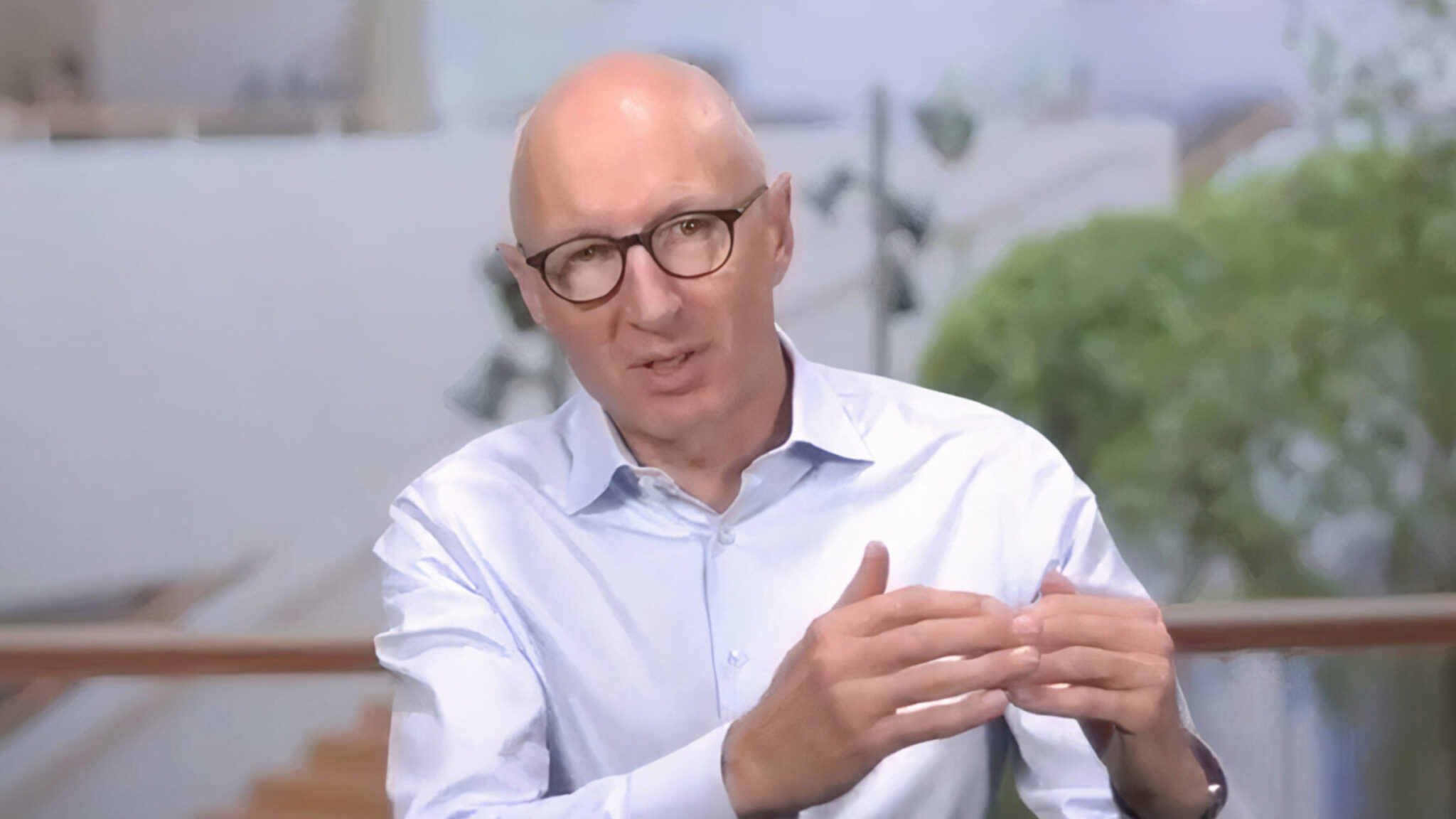
Lars Fruergaard Jørgensen, Novo Nordisk CEO (EUBIO21)
Novo Nordisk to make all doses of its weight loss drug available in the US by end of the year
With production finally up and running for its weight loss drug Wegovy, Novo Nordisk said on Wednesday that it plans to make all dose strengths …
Sign up to read this article for free.
Get free access to a limited number of articles, plus choose newsletters to get straight to your inbox.